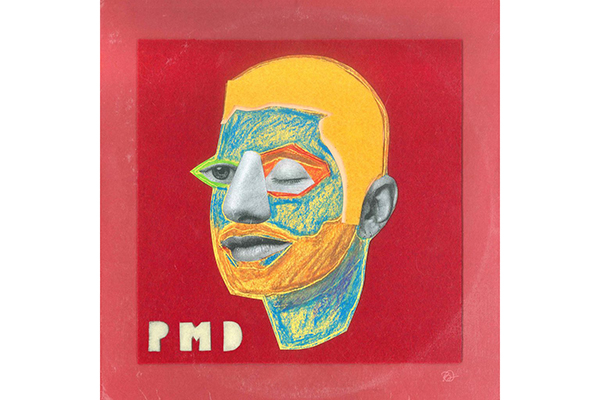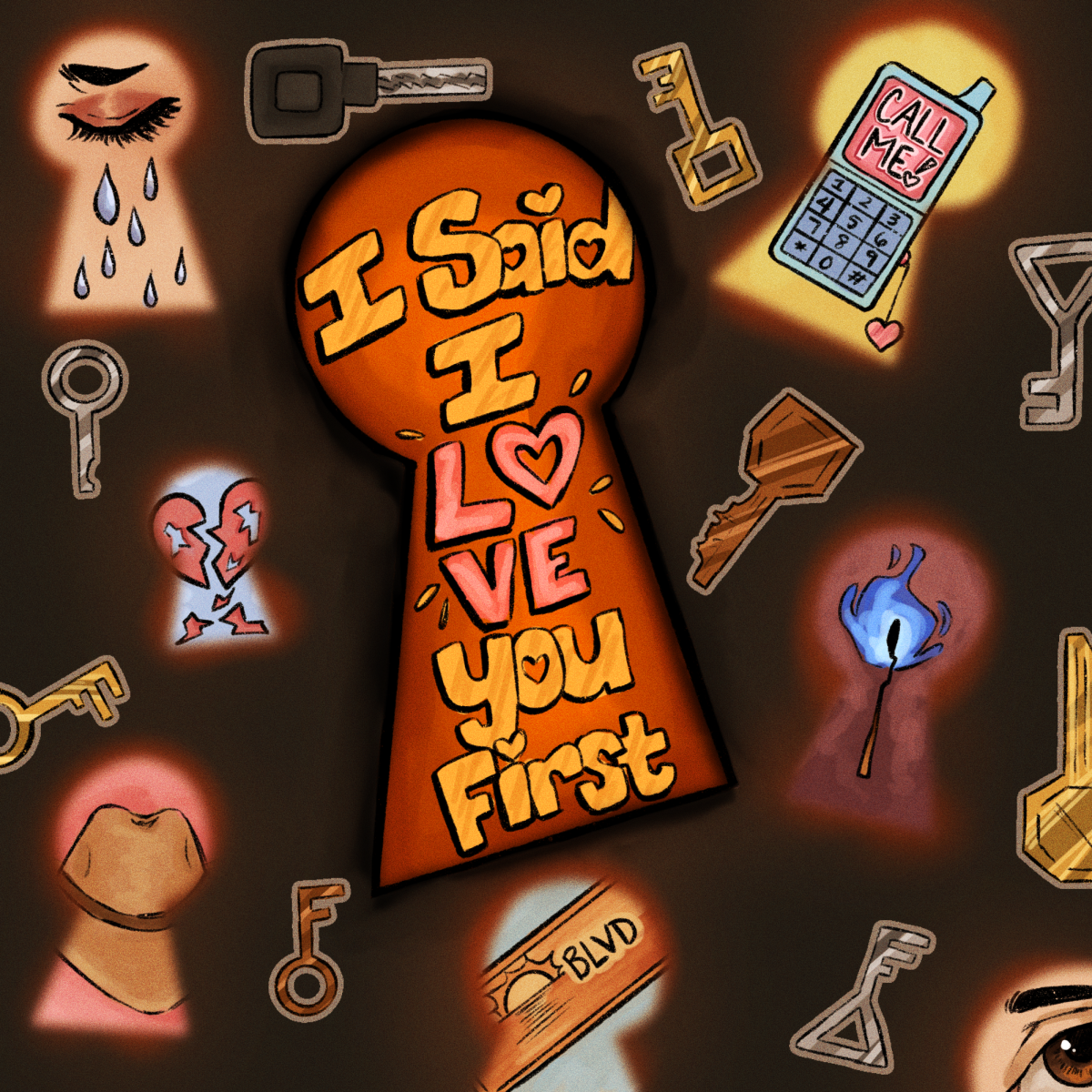California-based R&B-soul singer and songwriter Marc E. Bassy dropped a symphony of hip-hop beats and heartfelt lyrics on Sept. 27. The artist’s sophomore album, PMD, was released on his personal independent label New Gold Medal. It deals with themes of youth, problematic relationships and touches on the artist’s struggle with depression.
While Bassy’s delivery appears to be a genuine representation of his personal experiences, the album fails to provide audiences with anything musically or stylistically unique.
The album is a prime example of pop music churned out by California music labels every year. Like cotton candy, it’s fluffy, digestible and short-lived. After the first bite, the spun sugar instantly dissolves, leaving no trace of structure or integrity. Bassy’s music reacts the same way — it’s enjoyable to listen to, but no songs stand out as exceptional or memorable.
PMD is a spoken-word interlude that defines the album title as “postmodern depression.” It opens with melancholy piano chords and makes the listener question whether the artist is experiencing genuine emotional pain or is just another rich kid complaining about a broken heart. Bassy sings,“Rooftop pool/Versace ring ripples/Swim from the other side/We will meet in the middle.” The song’s tone is millennial and privileged. It’s sexy, fancy and sad, but fails to make a meaningful connection with the listener.
“Where We’re From” is a melancholy love song about a one-sided relationship. Bassy croons the words “Don’t say that you want my love” so many times, it feels like a broken record. It’s an inoffensive, slow jam that’s easy to listen to, but that’s the song’s only distinguishing quality. The 32-year-old has the voice of a youthful tenor. He’s a good singer, but the song’s whiny “will they, won’t they” tone teeters on the obnoxious side. His lyrical style has yet to evolve. No one wants to hear a grown man complaining about how he’s stuck in the past.
“NASCAR” is reminiscent of Tracy Chapman’s 1988 song “Fast Car.” Both had moderate, consistent beats and compare love and relationships to car rides. While the vehicle described in Chapman’s song is a metaphor for escaping a troubled youth, Bassy’s “NASCAR” is a metaphor for the subject of his affection. He describes a visceral, sexual connection whereas Chapman’s metaphor is deeply emotional. The listener is left wondering whether the Californian can authentically write about anything besides the dynamics of physical attraction.
Overall, the album lacks grit. PMD is sensual enough to turn on as background music during a hookup and bears a close-enough resemblance to a lullaby that a listener could fall asleep to. Bassy’s lyrics appear heartfelt because he followed an adage well-known to every artist, “write what you know.” Although it appears Bassy has experienced emotional suffering, it doesn’t seem like any cut was ever very deep or left much of a scar.
It’s fluffy, formulaic music that’s easy to produce and easy to replicate. It’s not a bad album, and will likely be successful because it is non-abrasive. But because the lyrical content is emotionally shallow, it won’t stand the test of time.
Rating: 3/5




















